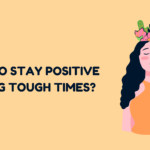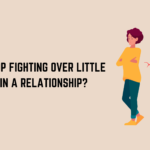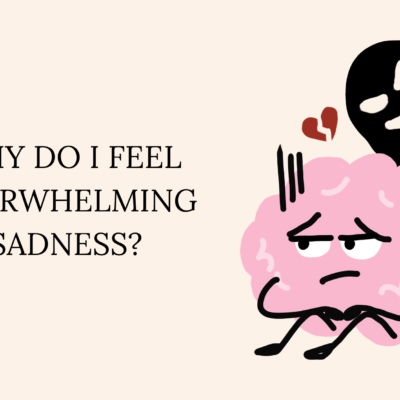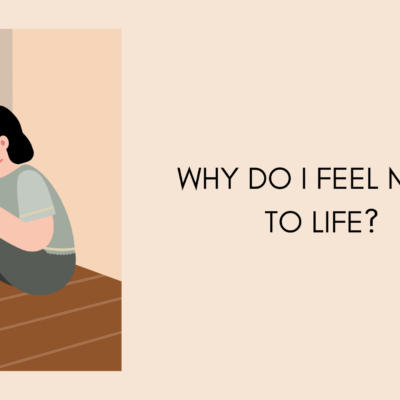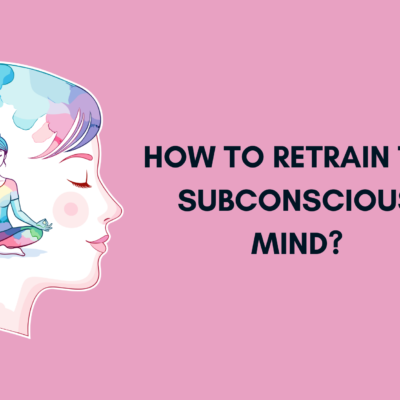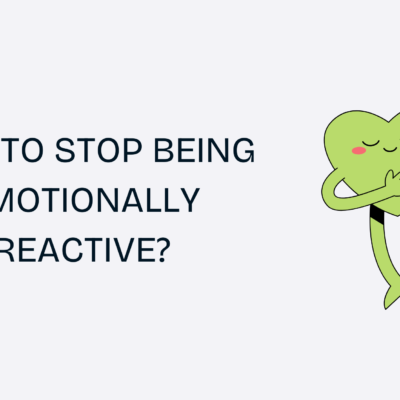How to Set Emotional Boundaries: Do you ever feel emotionally drained after certain conversations? Do you find yourself saying “yes” when you really want to say “no”? Do you feel responsible for how others feel—even when it’s not your fault?
If so, you may be lacking emotional boundaries.
Emotional boundaries are the invisible lines that separate your feelings, thoughts, and energy from those of others. They define what you’re responsible for—and what you’re not. They protect your well-being and give you the space to show up authentically in relationships without losing yourself.
Setting emotional boundaries is not about pushing people away—it’s about drawing closer to them with clarity, mutual respect, and self-awareness. In this article, you’ll learn what emotional boundaries are, why they matter, and exactly how to set and maintain them in everyday life.
Also Read:
1. What Are Emotional Boundaries?
Emotional boundaries help you honor your feelings, protect your mental space, and maintain healthy relationships. They tell others how you expect to be treated—and how you will treat yourself.
Examples of emotional boundaries include:
- Refusing to tolerate manipulation or guilt-tripping
- Saying “no” to emotional dumping
- Taking time alone when you feel overwhelmed
- Not feeling obligated to “fix” someone else’s emotions
- Choosing not to share everything with everyone
In simple terms, emotional boundaries protect your emotional bandwidth—so you’re not constantly giving away energy, tolerating disrespect, or neglecting your own needs.
2. Why Are Emotional Boundaries Important?
Without boundaries:
- You absorb other people’s stress, pain, or moods
- You feel overwhelmed, resentful, or burnt out
- You become people-pleasing and lose touch with your own needs
- You feel responsible for other people’s happiness
- You suppress your true feelings to “keep the peace”
With boundaries:
- You feel safer and more grounded in relationships
- You respond instead of react
- You can be compassionate without overextending
- You build self-respect and mutual respect
- You protect your emotional health and peace of mind
Boundaries aren’t walls. They’re bridges that allow healthy connection while honoring your emotional integrity.
3. Signs You Need Stronger Emotional Boundaries
Not sure if your emotional boundaries are too loose? Here are some red flags:
- You often say “yes” out of guilt or fear of conflict
- You feel exhausted after social interactions
- You take responsibility for how others feel
- You find it hard to speak up when someone crosses a line
- You feel invaded when people overshare but don’t know how to stop them
- You ignore your feelings to avoid upsetting others
If any of these feel familiar, it’s time to build clearer boundaries—for your sake and the sake of your relationships.
4. Understand What You’re Responsible For—and What You’re Not
This is a game-changing truth: You are responsible for your own emotions, not for managing other people’s emotional experiences.
You are not responsible for:
- How someone feels when you set a healthy limit
- Solving other people’s problems
- Preventing people from feeling disappointed
- Making everyone happy
You are responsible for:
- Communicating your needs honestly
- Being kind but clear
- Honoring your emotional truth
- Saying “no” when necessary
- Walking away from unhealthy dynamics
Knowing where your responsibility ends gives you the freedom to connect from a place of truth, not guilt.
5. Tune Into Your Emotional Triggers
You can’t set boundaries if you’re not aware of what violates them. Start by identifying your emotional triggers.
Ask yourself:
- What kinds of interactions leave me feeling drained or violated?
- Who do I feel emotionally unsafe or overwhelmed around?
- What situations make me feel resentful or anxious?
These clues reveal where your boundaries are being crossed—or where they need to be reinforced.
Common triggers might include:
- Being interrupted when you speak
- Being guilt-tripped or emotionally manipulated
- People unloading their emotional baggage without asking
- Pressure to always be available
The more you understand your emotional landscape, the easier it is to draw clear lines.
6. Learn to Say “No” Without Guilt
“No” is a complete sentence. Yet for many people, saying “no” triggers guilt, fear, or shame. We’ve been conditioned to believe that being “nice” means always being available, agreeable, and accommodating.
But true kindness includes being honest about your limits.
You can say no with grace:
- “I’d love to help, but I’m not available right now.”
- “I care about you, but I can’t hold space for this today.”
- “I need some time to myself right now. Let’s talk later.”
You don’t need to overexplain, apologize excessively, or justify your feelings. A respectful “no” is a sign of self-respect—and mature relationships will honor it.
7. Set Boundaries in the Moment
Often, we don’t realize our boundaries have been crossed until it’s too late and we’re emotionally triggered. That’s why learning to speak up in the moment is crucial.
You can calmly state:
- “I’m not comfortable talking about that.”
- “I need a moment to process what you said.”
- “Can we come back to this when I have more emotional space?”
- “I understand you’re upset, but I can’t take that on right now.”
The more you practice setting boundaries in real time, the more empowered and emotionally safe you’ll feel.
8. Use “I” Statements, Not Blame
When setting emotional boundaries, it’s important to own your experience rather than blaming others.
Avoid:
- “You always dump your problems on me.”
- “You make me feel anxious.”
Try instead:
- “I feel overwhelmed when conversations are always emotionally heavy.”
- “I need some space after intense discussions to recharge.”
“I” statements reduce defensiveness and create space for dialogue instead of conflict. They help you stay centered and assertive without becoming aggressive.
9. Establish Boundaries Around Emotional Labor
Emotional labor means supporting others emotionally—listening, comforting, empathizing. While this is part of any healthy relationship, it becomes unhealthy when:
- It’s one-sided
- It happens constantly
- It leaves you depleted
- It’s expected without consent
You have the right to say:
- “I care about you, but I’m emotionally exhausted right now.”
- “Can we talk about something lighter?”
- “Do you need support or just someone to listen? I want to be clear on what’s needed.”
Giving emotional support is not an obligation. It’s a gift. You get to choose when and how you give it.
10. Reinforce Boundaries With Actions, Not Just Words
It’s not enough to state boundaries—you must back them up with consistent action.
If someone continues to cross your boundary after you’ve clearly communicated it:
- Repeat it with firmness: “I’ve already shared that this topic isn’t okay with me.”
- Take space if needed: “I’m going to step away from this conversation.”
- Reduce contact with chronic boundary violators
- Follow through on consequences if you’ve communicated them
Healthy boundaries are only effective when they’re respected and enforced.
11. Expect Resistance (and Don’t Let It Stop You)
Not everyone will like your new boundaries—especially if they’ve benefited from your lack of them.
You may encounter:
- Guilt-tripping (“I thought you cared about me!”)
- Dismissiveness (“You’re being too sensitive.”)
- Anger or withdrawal
- Pushback disguised as “concern”
Don’t let these reactions deter you. Resistance often means your boundary is working. Stay grounded in your truth. The right people will respect your limits—even if they take time to adjust.
12. Practice Boundary Maintenance
Boundaries are not one-time declarations—they’re a practice. Like any skill, the more you use them, the stronger they become.
Check in with yourself regularly:
- Am I feeling emotionally safe in my relationships?
- Where am I giving too much and receiving too little?
- Have I been clear about my emotional needs?
- Do I need to revise or restate any boundaries?
Boundary maintenance is an act of ongoing self-care and self-respect.
Final Thoughts: Boundaries Are Acts of Love
Setting emotional boundaries is not selfish—it’s sacred. It’s how you protect your energy, speak your truth, and build relationships based on mutual respect rather than fear, guilt, or obligation.
Remember:
- You are allowed to have emotional needs.
- You are allowed to protect your peace.
- You are allowed to say “no” to anything that drains or disrespects you.
The more you practice setting emotional boundaries, the more aligned, empowered, and emotionally fulfilled you’ll feel—in every area of life.
Healthy boundaries don’t push love away. They make room for real, respectful, nourishing love to flourish.

